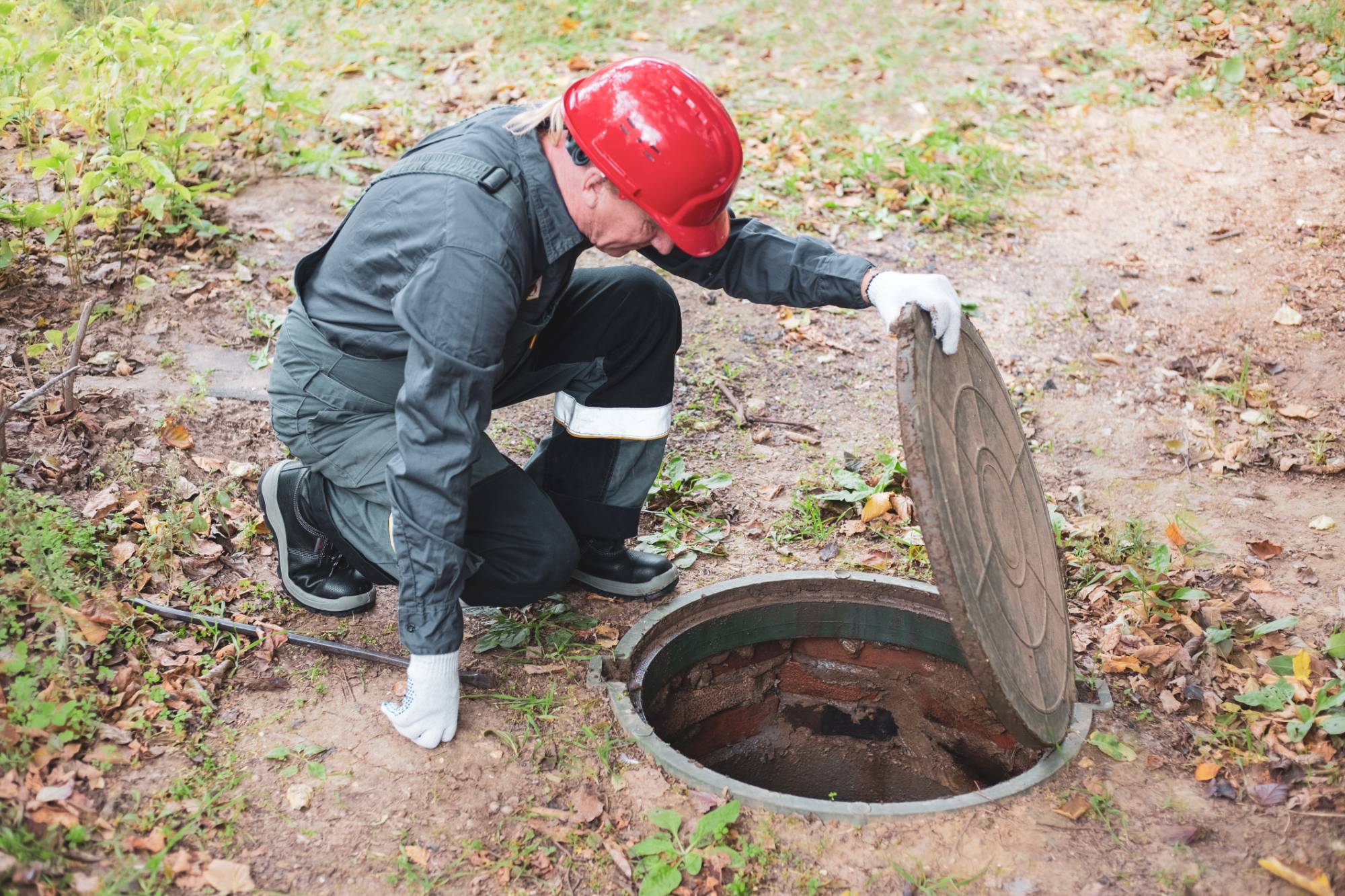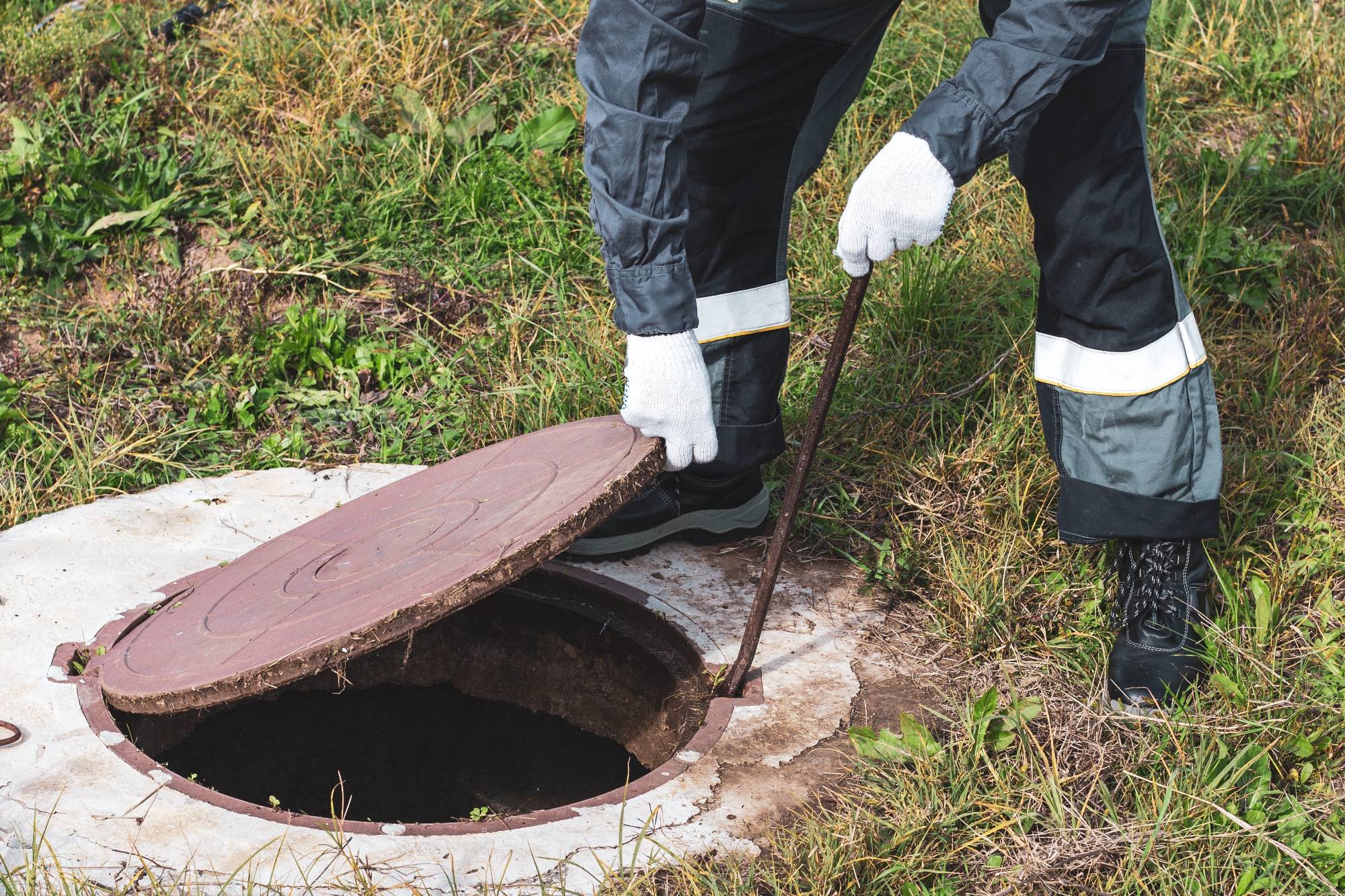Professional cesspool pumping, repair, and installation services that keep your Long Island home safe and functional.

Hear from Our Customers

When your cesspool works properly, you don’t think about it. No foul odors greeting you in the yard. No slow drains or gurgling sounds from your bathroom. No panic calls to contractors at 7 AM because sewage is backing up into your basement.
That’s what proper cesspool maintenance gets you – a system that handles your household wastewater quietly and efficiently, year after year. Regular pumping prevents the buildup that leads to expensive failures. Professional cleaning removes the sludge and scum that can clog your system and create health hazards.
You get peace of mind knowing your cesspool won’t fail when you least expect it. Your property stays protected from contamination and damage. Your family stays safe from the health risks that come with malfunctioning wastewater systems.
Antorino & Sons has been handling cesspool services throughout Nassau County for years. We understand the unique challenges of Long Island properties – from the sandy soil conditions that affect drainage to the local regulations that govern cesspool installation and maintenance.
Many homes in Oyster Bay and surrounding communities were built before municipal sewer systems expanded. That means cesspools are a fact of life here, and you need contractors who understand how these systems work in your specific area.
We’re licensed and insured, giving you protection when we’re working on your property. We handle everything from routine maintenance to emergency repairs, so you don’t need to juggle multiple contractors when problems arise.

The process starts with an assessment of your current system. We locate your cesspool, check the access points, and determine what type of service you need. For routine pumping, we remove the accumulated sludge and scum that builds up over time.
If you’re dealing with a repair situation, we diagnose the problem first. Common issues include damaged baffles, cracked walls, or problems with the distribution box. We explain what’s wrong and what it’ll take to fix it before starting any work.
For new installations, we handle the permitting process and ensure your system meets local codes. The installation includes proper sizing for your household, correct placement based on your property layout, and connection to your home’s plumbing system. You get a system designed to handle your family’s wastewater needs for decades.

Ready to get started?
Emergency cesspool services when your system backs up or fails completely. We respond quickly because cesspool emergencies create health hazards and property damage that get worse by the hour.
Regular cesspool pumping and cleaning to prevent problems before they start. Most residential cesspools need pumping every 3-5 years, but the timeline depends on your household size and water usage patterns.
Cesspool repair services for damaged systems. This includes fixing cracked walls, replacing broken baffles, repairing distribution boxes, and addressing drainage problems that can cause system failure.
New cesspool installation when your old system can’t be repaired or when you’re building new construction. We handle the entire process from permits to final inspection, ensuring your new system meets current codes and will serve your property reliably.
